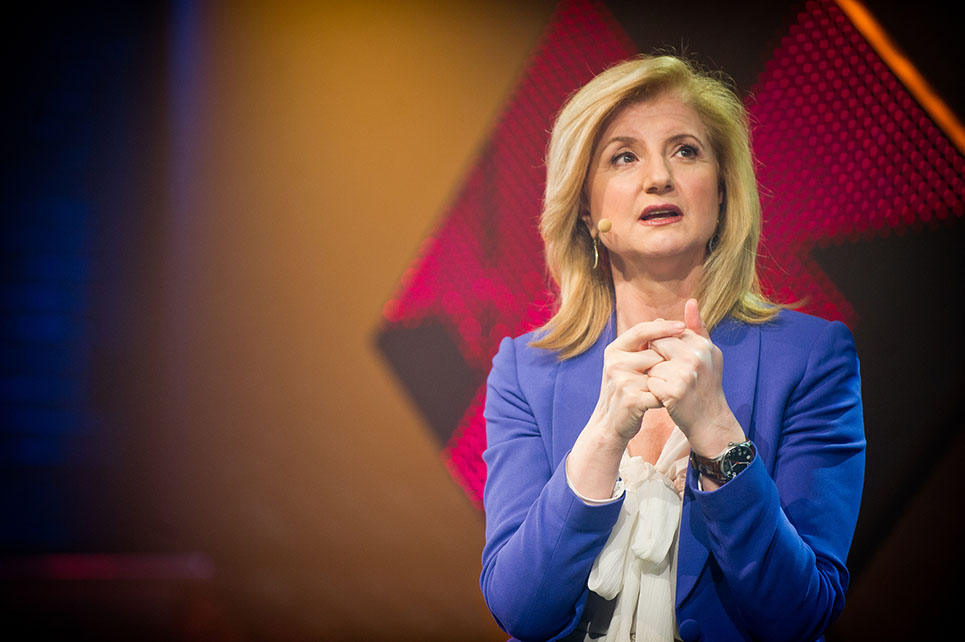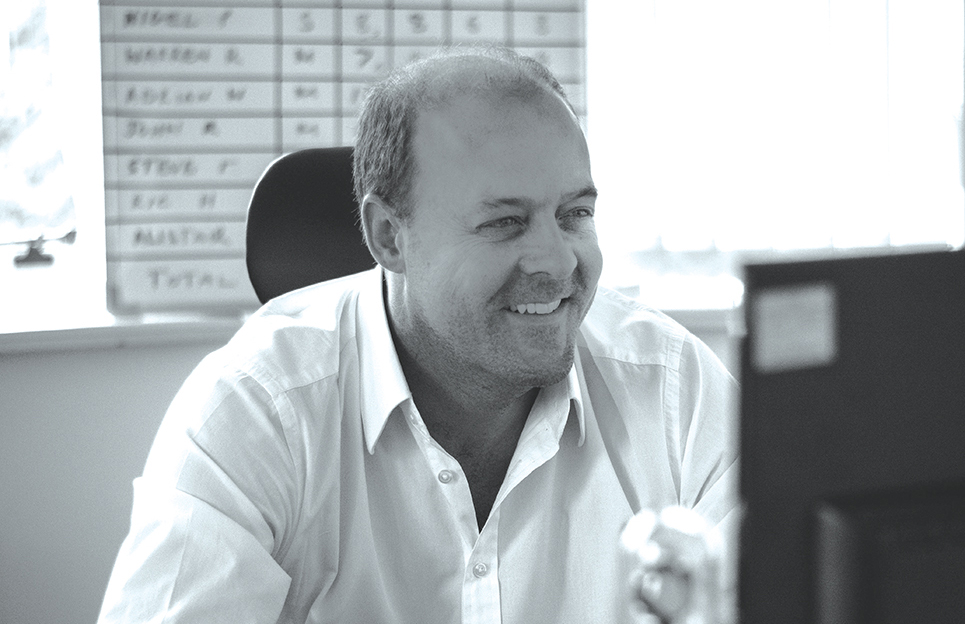
You’ve heard of ‘FinTech’ for financial software products and ‘EdTech’ for the education sector, but what about ‘PsyTech’?
Mental health awareness is on the rise in Britain, and we are becoming more conscious of how strongly our emotional and physical wellbeing correlates with our working lives. We spend more than a third of our waking hours at work, so it’s not surprising that our experiences there have such a big impact on our stress levels, cognitive load, sense of fulfilment and self-actualisation.
As employers and staff alike develop more awareness of wellbeing, many organisations are waking up to the value of mental health initiatives in the workplace; to attract and retain the best talent, maximise performance and productivity and reduce absences.
“What we are currently seeing is a surge in interest in ‘PsyTech’ products,” says Sussex Innovation’s Executive Director, Mike Herd. “Modern businesses are recognising the importance of acting to safeguard employee wellbeing, and are looking for scientifically validated tools that can help them to get a handle on what staff are thinking and feeling – or equip them with the tools to manage their mental health. We’re proud to have quite a significant cluster of innovators in this field working with us.”
CARI: The Commitment and Resilience Index is an organisational wellbeing analytics tool developed by the Maria Paviour Company, a neuroscience-based wellbeing consultancy. It not only provides a unique wellbeing profile and immediate support for each user but also collates anonymised data that enables leaders to understand the psychological wellbeing of their teams, as well as tracking their efforts to change workplace culture for the better.
“There are many potential causes for organisational dysfunction, but they all tend to stem from a similar source,” says founder Maria Paviour. “CARI helps organisations to understand where personalities are clashing with their work environment, and measure how effective their response is.
“The important thing here is that individuals can feel empowered to explore what’s going wrong, and make their own decisions. When your people are given a space to address their own wellbeing in the workplace, it creates a more positive energy and can offer huge benefits in terms of efficiency and productivity.”
ThriveMap creates pre-hiring assessments that are customised to a company’s culture. Off-the-shelf assessments don’t take into consideration the context of the role or working culture – factors that are often crucial for the potential candidate’s level of engagement and job satisfaction.
The platform is used by multinationals including Belron International, Côte Restaurants and Dolby, to create assessment models of what great looks like in any specific role, company or team culture and ranks candidates against that benchmark. It acts as a quality control for companies, saving on total recruitment time, improving hire quality and reducing new hire failures.
Founders Chris Platts and Mark Hla believe in “assessments that communicate what the job’s really like, test real skills related to the role, and provide candidates with a quick, easy, and enjoyable experience” and that’s what makes ThriveMap unique. „We spend time understanding your culture and then tailor the tool to the company and roles it is designed to assess.”
HeartRater is a software programme developed by Prof Hugo Critchley and Prof Sarah Garfinkel, two academics based within the Brighton and Sussex Medical School. Their research focuses on interoception: the brain’s ability to recognise and interpret signals from the body.
“Our studies have revealed that there are a range of capabilities that correlate with a person’s ability to accurately sense their own heart rate,” says Sarah. “These range from what you might call ‘gut’ decision-making skills, to being able to self-regulate stress in high pressure situations. In cases like these, the mental state of the subject was shown to be directly impacted by physical awareness of their body signals.
“We started to think about whether interoception was something that could be trained, and if that training would have a similar impact,” adds Hugo. “It turns out that it can, and does. We developed a series of computer-aided tests and training exercises that help people visualise changes in their heart rate and interpret what causes them. We hope that our HeartRater software could prove effective in helping people to manage a range of anxiety disorders, and much of our research so far seems to be validating that possibility.”
WeThrive offers a suite of employee engagement tools that help organisations to understand the causes of workplace stress and anxiety, and the negative effect they have on motivation, engagement and performance. They go beyond the traditional annual appraisal survey and provide a more dynamic, responsive way for businesses and line managers to listen and act upon employee feedback.
“We set out to create a practical tool for managers based on well-understood motivational theory,” says founder and business psychologist, Piers Bishop. “Our employee surveys are designed to diagnose problems with the ‘4Cs’; cognitive, capability, connection and confidence. Does the team understand what the organisation is trying to achieve, do they have the necessary skills and resources to contribute, and how strong are their relationships with each other?”
“Under ‘confidence’ we look at things like job security, control and the ability to see your work as meaningful. These are all metrics that traditional surveys can find hard to measure, and even harder to respond to.”
Is your business a PsyTech business? If you could benefit from joining a community of likeminded start-ups, with access to a world-class School of Psychology, and academics, researchers, students and graduates on your doorstep, visit www.sinc.co.uk.





